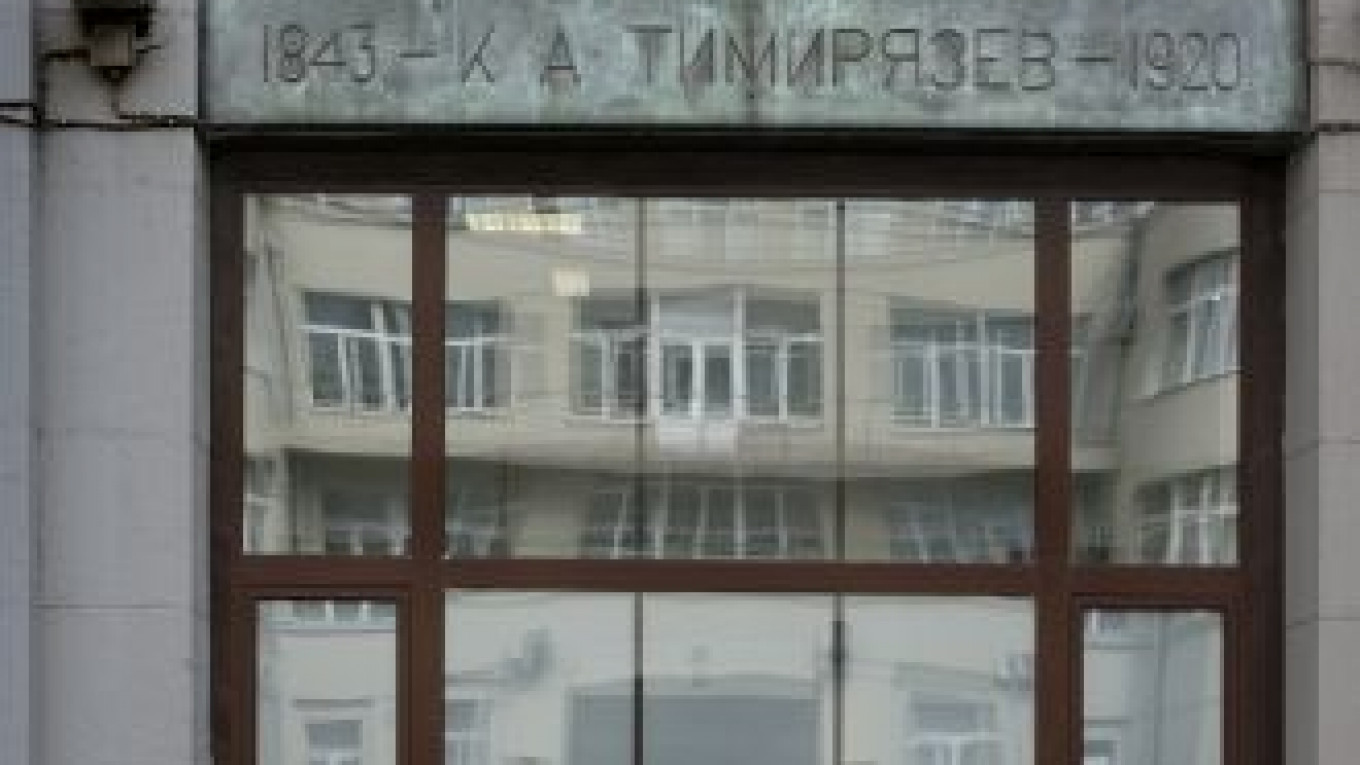WASHINGTON — President Barack Obama's administration is opposing a Jewish group's bid to have Russia fined for its failure to return historic books and documents, a dispute that has halted the loan of Russian artworks for exhibition in the United States.
In a recent court filing, the Justice Department argued that judicial sanctions against Russia in this case would be contrary to U.S. foreign policy interests and inconsistent with U.S. law.
The Jewish group, Chabad-Lubavitch, based in the Brooklyn borough of New York, claims the tens of thousands of religious books and manuscripts, some up to 500 years old, which record the group's core teachings and traditions.
U.S. District Court Chief Judge Royce Lambert ruled that the records are unlawfully possessed by the Russian State Library and the Russian military archive.
In 2010, he ordered the Russian government to turn them over to the U.S. Embassy in Moscow or to the group's representative.
Russia, which doesn't recognize the authority of the U.S. court, has refused. It says the collection is part of Russia's national heritage.
Chabad's lawsuit and earlier rulings in the case by Lamberth have already had unintended consequences: Russia has completely halted the loan of its art treasures for exhibit in the United States for fear that they will be seized and held hostage in the court battle.
Lamberth is known for issuing largely unenforceable multimillion-dollar judgments against foreign governments he believes are hostile to the United States and have harmed U.S. citizens.
Last year, he granted Chabad permission to seek attachment of Russian property in the United States. So far, the group has not done so.
Lamberth also is currently weighing Chabad's motion to hold Russia in civil contempt of court and impose fines of at least $25,000 a day.
Alarmed at the prospect of having its property seized, Russia has refused to loan any art to the country, even though Chabad has said in court filings that it will not go after any art deemed culturally significant by the U.S. State Department, which is the case for major exhibitions.
Such art is already protected from legal claims under the Immunity from Seizure Act.
At issue are two collections: 12,000 religious books and manuscripts seized during the Bolshevik Revolution and the Russian Civil War nearly a century ago; and 25,000 pages of handwritten teachings and other writings of religious leaders stolen by Nazi Germany during World War II, then transferred by the Soviet Red Army as war booty to the Russian State Military Archive. ?
In its filing, the Justice Department said Chabad's bid for sanctions is precluded by the Foreign Sovereign Immunities Act. The department argues that this law doesn't allow a court to compel compliance with an order for property held by a foreign state within the state's own territory.
The department added that even if sanctions were allowed, the judge should not issue them "in order to avoid damage to foreign policy interests of the United States."
Court-ordered sanctions in this case would be so far removed from international norms, the department said, "that any foreign government would oppose it. Such an order would risk significant criticism from the international community and would likely be resisted in this or other cases involving foreign sovereigns."
And the department said civil sanctions would undermine diplomatic and other efforts, dating as far back as 1933, by administrations and members of Congress of both parties, to get the collections returned.
In a statement, Chabad said the Justice Department filing "unjustifiably seeks to obstruct Chabad's legal effort to retrieve sacred Jewish documents held by Russia in violation of international law."
In 1992 and 2005, all 100 U.S. senators wrote the Russian government requesting that the materials be returned, but to no avail. According to court papers, President Boris Yeltsin once gave an explicit assurance to then-Secretary of State James Baker that the Russian government would return the materials to Chabad.
In 1993, then-Vice President Al Gore, who supported the effort while serving in the Senate, received one of the books from Russia as a good-will gesture and gave it to Chabad. The next year, seven other books were given to then-President Bill Clinton, and they, too, made their way to the Chabad library in Brooklyn.
Chabad had won the right to reclaim the texts from a Soviet court in 1991, but after the Soviet collapse, the new Russian authorities threw out the judgment.
Related articles:
A Message from The Moscow Times:
Dear readers,
We are facing unprecedented challenges. Russia's Prosecutor General's Office has designated The Moscow Times as an "undesirable" organization, criminalizing our work and putting our staff at risk of prosecution. This follows our earlier unjust labeling as a "foreign agent."
These actions are direct attempts to silence independent journalism in Russia. The authorities claim our work "discredits the decisions of the Russian leadership." We see things differently: we strive to provide accurate, unbiased reporting on Russia.
We, the journalists of The Moscow Times, refuse to be silenced. But to continue our work, we need your help.
Your support, no matter how small, makes a world of difference. If you can, please support us monthly starting from just $2. It's quick to set up, and every contribution makes a significant impact.
By supporting The Moscow Times, you're defending open, independent journalism in the face of repression. Thank you for standing with us.
Remind me later.


